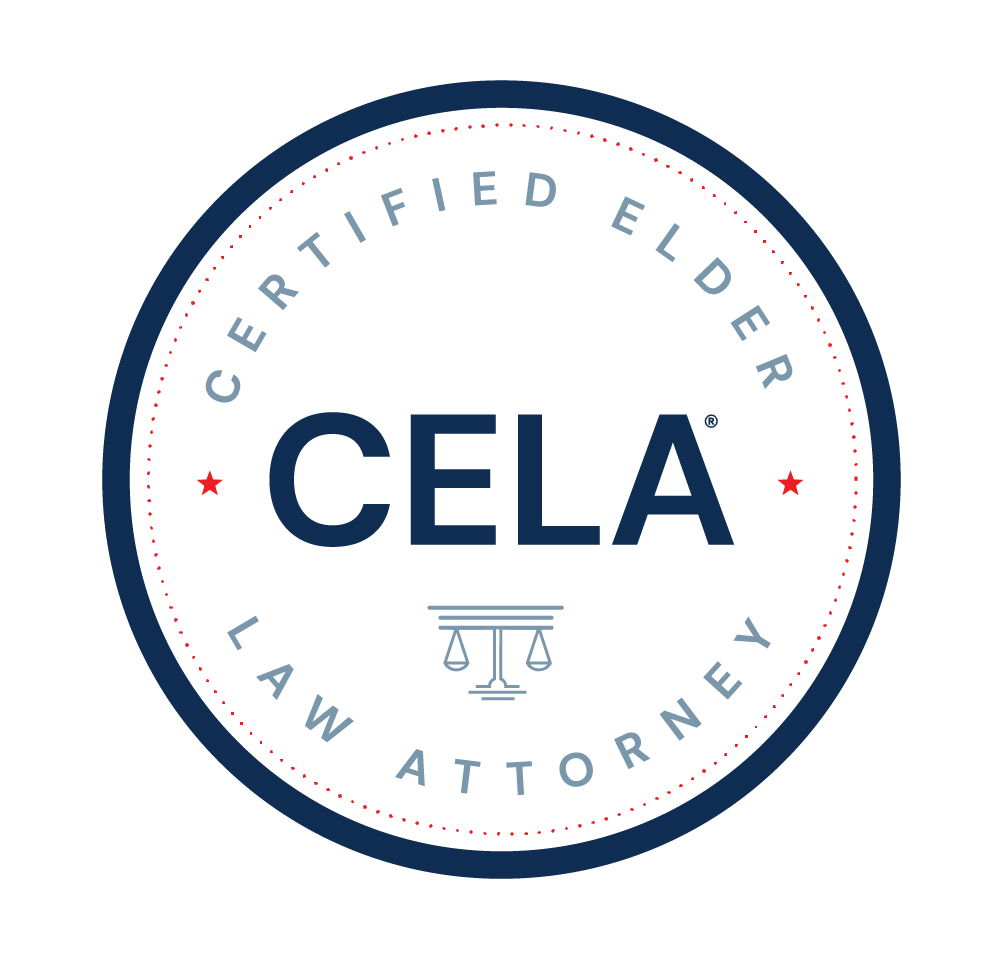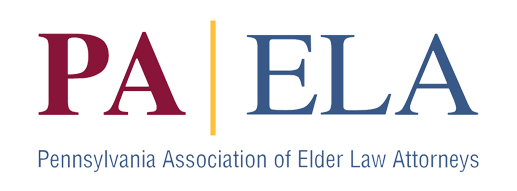Does Probate Administer All of The Decedent’s Property?
Probate usually applies only to assets the decedent owned in his or her sole name at the time of death. Property with a beneficiary designation passes to the designated beneficiary without the need for probate, and property held jointly with rights of survivorship passes automatically to the surviving joint owner. While this may appear advantageous because of the probate avoidance, there are a number of factors that must be considered before titling any property jointly. Tax implications must be considered.
Additionally, any marital, health or financial problems of the joint owner may put the property at risk. It is important to review your account ownerships and beneficiary designations to make sure they are coordinated with your comprehensive estate plan.
Other FAQs:
- Does Probate Administer All of The Decedent’s Property?
- How Can I Minimize The Taxes For My Estate?
- How Does A Living Trust Apply in Pennsylvania?
- How Does the Medicaid Look-Back Period Work?
- How Should I Plan For My Minor Children?
- Should You Discuss Your Estate Plans With Your Adult Children?
- What Are the Most Common Estate Planning Mistakes?
- What Is A Special Needs Trust?
- What Is A Spendthrift Trust?
- What Is A Will Contest?
- What Is Probate in Pennsylvania?
- What Is The Difference Between Medicare and Medicaid?
- What Is The Purpose of a Special Needs Trust?
- What Is The Simplified Probate Procedure For Small Estates in Pennsylvania?
- What Seniors Need to Know About Strategic Gifting
- What Taxes Will Apply to My Estate After My Death?









